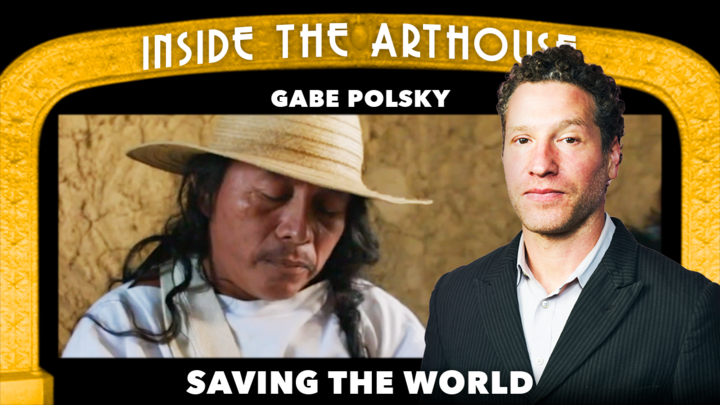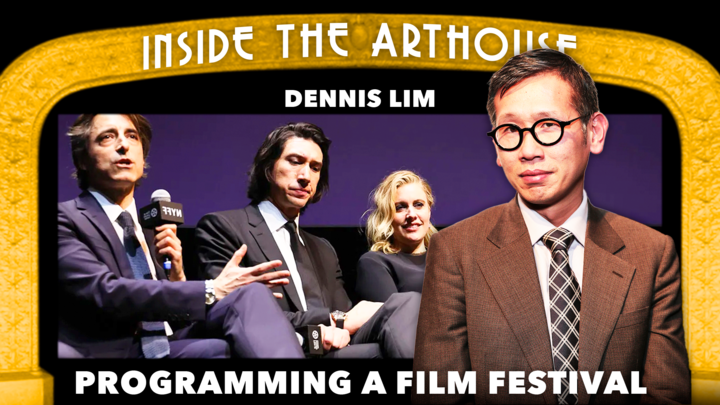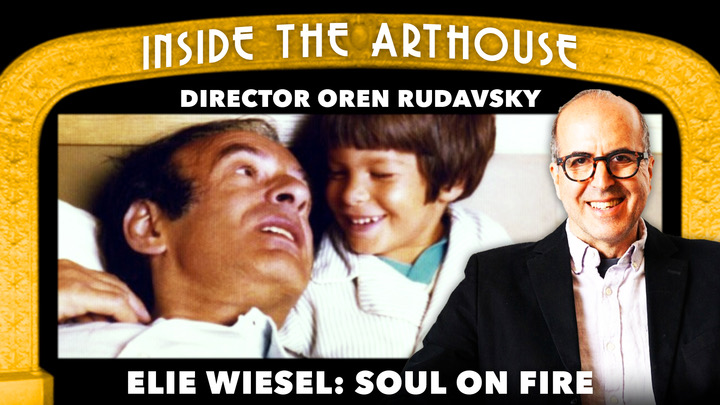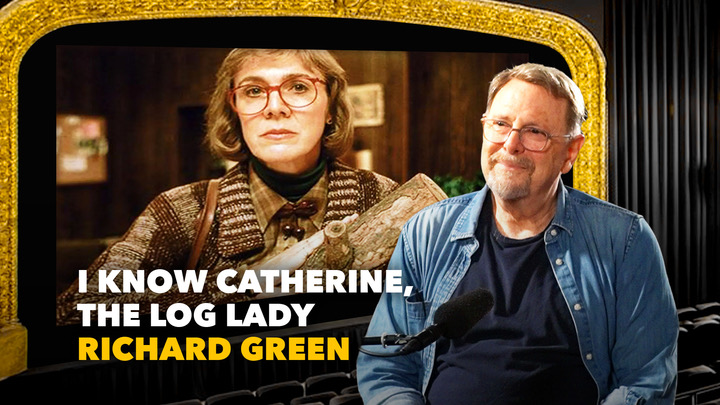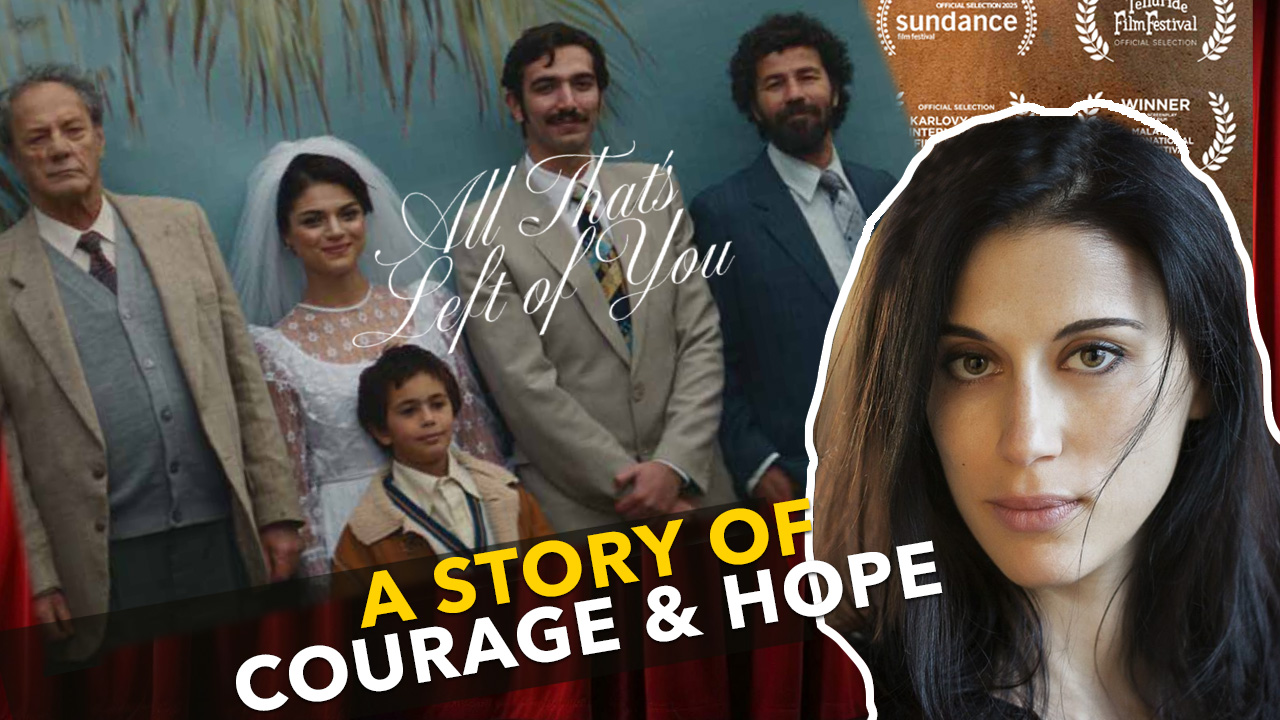
They say journalism is the first rough draft of history—but what about films that confront historical events on screen? Are these works attempts at historical record or cinematic stories that use the past to uncover deeper emotional truths?
With her new film ALL THAT’S LEFT OF YOU, filmmaker Cherien Dabis brings a bold and deeply human perspective to a chapter of history rarely explored in American cinema. While the film depicts the Nakba and the 1948 expulsion from Jaffa, Dabis goes far beyond historical recreation—crafting a powerful emotional narrative that stands among the finest films of the year.
This sweeping, multigenerational epic follows one family across 70 years, tracing their journey from displacement during the 1948 war to life as refugees in the West Bank and beyond. Dabis stars in the film alongside three extraordinary actors from the renowned Bakri family—Adam Bakri, Saleh Bakri, and Mohammad Bakri—whose performances bring the family’s story to life with remarkable authenticity and depth.
After premiering to acclaim at the Sundance Film Festival, ALL THAT’S LEFT OF YOU went on to win the prestigious Audience Award at the Sydney Film Festival. The film has now been chosen as Jordan’s official submission for Best International Feature at the Academy Awards, and we believe it has every chance of making the year’s shortlist. To hear more about ALL THAT’S LEFT OF YOU, please sit back and enjoy our conversation with filmmaker, writer, and actress, Cherien Dabis, starting now on INSIDE THE ARTHOUSE
